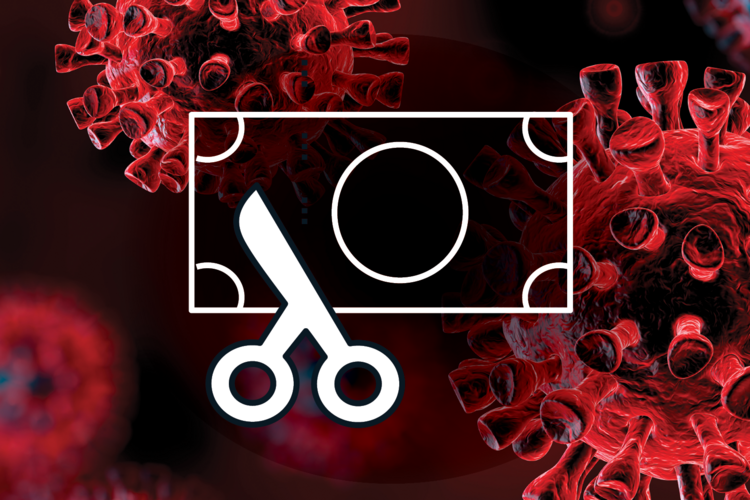The shutdowns in the United States—of businesses, restaurants, schools, churches—began one year ago this March. We asked 14 experts to reflect on the biggest lessons from the past year in the hope that they might help us find a better way forward. You can read the rest of the series here.
What strikes me most about the pandemic we are currently living through is this: In the United States, where we claim that “all men are created equal” and purportedly strive to reach that ideal, we value, above all else, inequality. We cherish the idea that some are worse off than us because it allows us to feel “grateful” or better or somehow appeased.
This may sound harsh. It is! It is a difficult lesson. And to be clear, this claim does not mean that the average reader starts her day actively cheering for others to have worse luck, to have less opportunity. No, this pandemic has shed harsh light on our nation’s empathy gap: our inability to move beyond individualism in our notions of freedom, of health, of prosperity. We dutifully cheer for the “heroes” and the “frontline workers” without advocating for better pay, sick leave or policies that would improve the lives of teachers, delivery workers, restaurant cooks, home health aides. We organize neighborhood displays for delivery workers and keep hitting “add to cart” for whatever we need. We “love” our teachers but demand that they return to in-person work without regard for the safety of their families. We cheer at 7 p.m. (or we did for a while) for the doctors and the nurses, but we cannot be relied upon to wear masks, stay home or not travel for the holidays because our families, our needs, our memories, our freedom is paramount.
Our commitment to inequality has tragic consequences beyond moral injury. By contenting ourselves with the theater of appreciation, we blind ourselves to how our toxic individualism exacerbates a pandemic that kills the most vulnerable among us. Neither should we overlook that the pandemic is also intensifying the inequality we hold so dear: Non-whites are dying at higher rates, low-income frontline workers are more likely to get sick and not have access to health care, women are more likely to bear the burdens of care work that has now obliterated any approximation of equal pay and equal opportunity in the workforce. We know that these injustices are intersectional, and they compound to profoundly alter the lives of the most vulnerable. Now we must ask ourselves: As we celebrate the incarnation of God-for-us, will we embody the solidarity God has extended to humanity? Or are we too busy making memories?
Catholic Colleges and Universities
Developing Nations
Mental Health
The American Family
Technology
Catholic Schools
The American Work Force
Parish Life
Children’s Health
Economy
Catholic Hospitals
Globalization
Spiritual well-being








